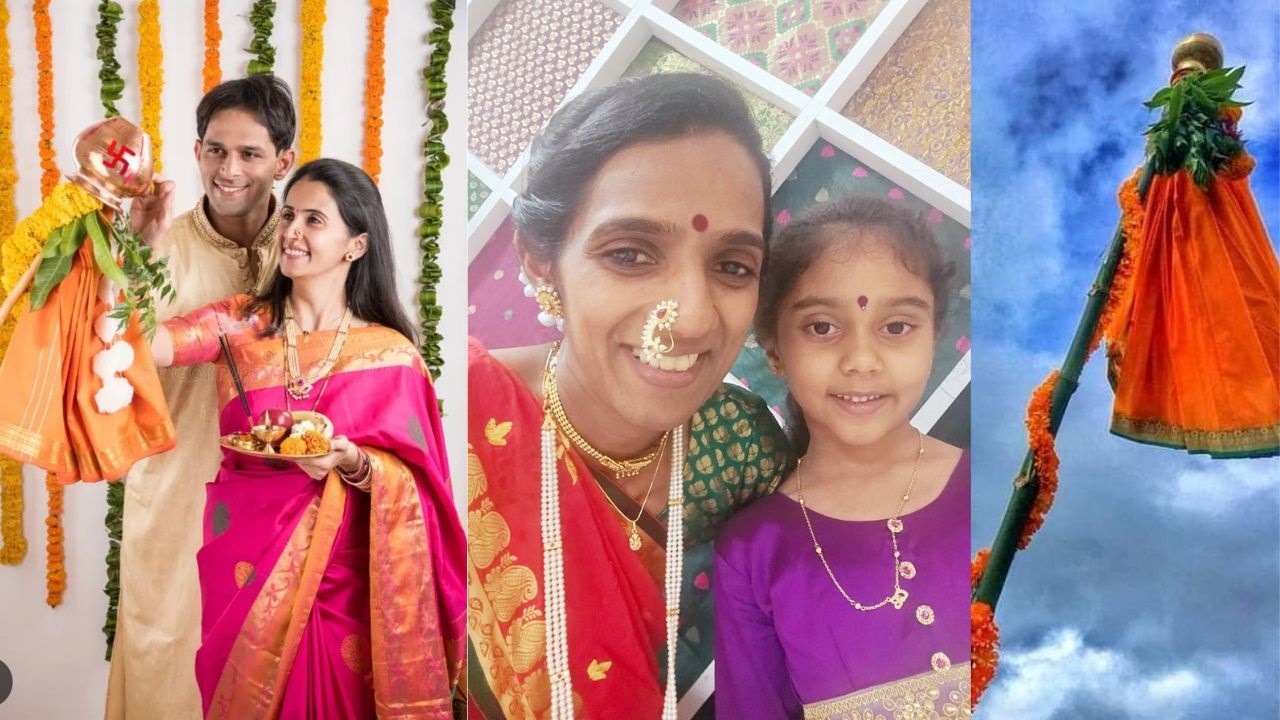
On April 9th, 2024, Marathi and Konkani Hindus celebrate the start of their new year, coinciding with the beginning of the month 'Chaitra' in the Hindu calendar. Maharashtra embraces this new beginning, while neighbouring states like Andhra Pradesh also mark their new year, known as Ugadi, on the same day. This connection between Gudhi Padwa and Ugadi highlights the unity among states with diverse cultures, traditions, and languages, yet united by similar lunisolar cycles.
Gudhi Padwa: Symbolizing fresh beginnings
During Gudhi Padwa, households raise a symbolic flag, known as a 'Gudhi,' on the right side of their exteriors. This flag comprises a long bamboo pole adorned with an upturned copper pot, or 'kalash,' and draped with either yellow or green fabric.
Atop the kalash, one finds sugar crystals, neem leaves, and a twig of mango leaves, accompanied by a garland of flowers. The specific ingredients for the Gudhi have symbolic meanings. Sugar crystals represent sweetness in life, neem leaves signify the bitter aspects, and mango leaves symbolize the pleasant moments. Together, they represent the various experiences one encounters in life. As the term 'Padwa' denotes the onset of the lunar phase's first day. Together, 'Gudhi Padwa' signifies the ushering in of a new era and prosperity.

Honoring tradition and legends
The Gudhi Padwa celebration is linked to Lord Brahma, the creator in Hinduism, who is believed to have created the universe and time on this day. The "Brahma Dhwaja" prayer is observed to honour his significant contribution to the world.
Moreover, Chhatrapati Shivaji Maharaj, the renowned Maratha king, began celebrating victories by raising ‘gudhis’ after defeating the Mughals in battle. Others believe ‘gudhis’ were raised to honour Lord Rama’s joyful return to Ayodhya with Sita and Lakshmana after defeating Ravana, making a time of widespread happiness.
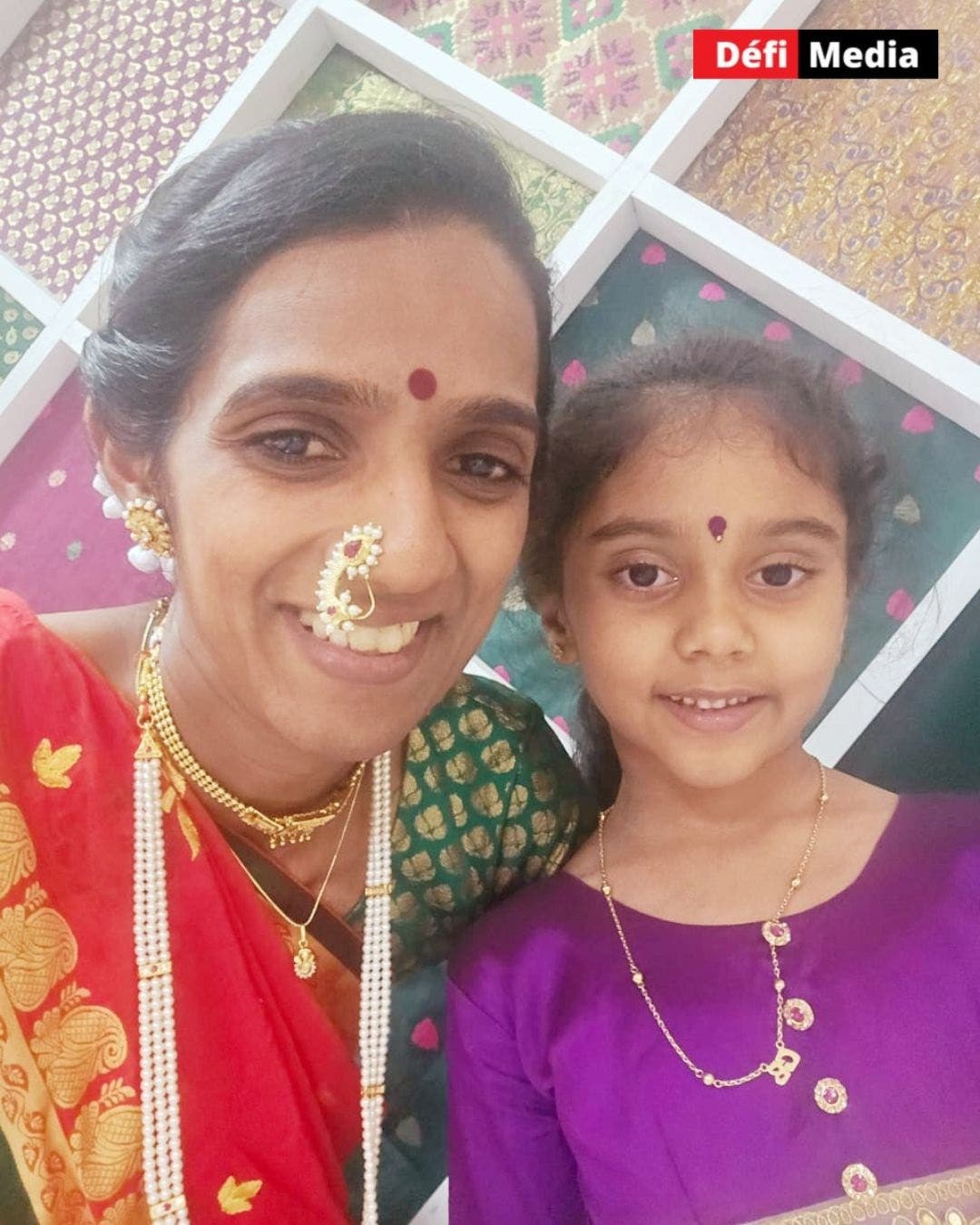
Navigating Krodhi Naamsamvatsar: Anger in Focus
As we enter the New Year, known as "Khodhi Naamsamvatsar,” as per the new panchang, Khodhi means Anger and Naamsmvatsar refers to the Year, it's crucial to understand its impact on our lives. Anger, a potent force, can bring both destruction and change. This theme urges us to reflect on our emotions and navigate them with resilience. While anger can be a force for positive change, it must be managed carefully to avoid harm.
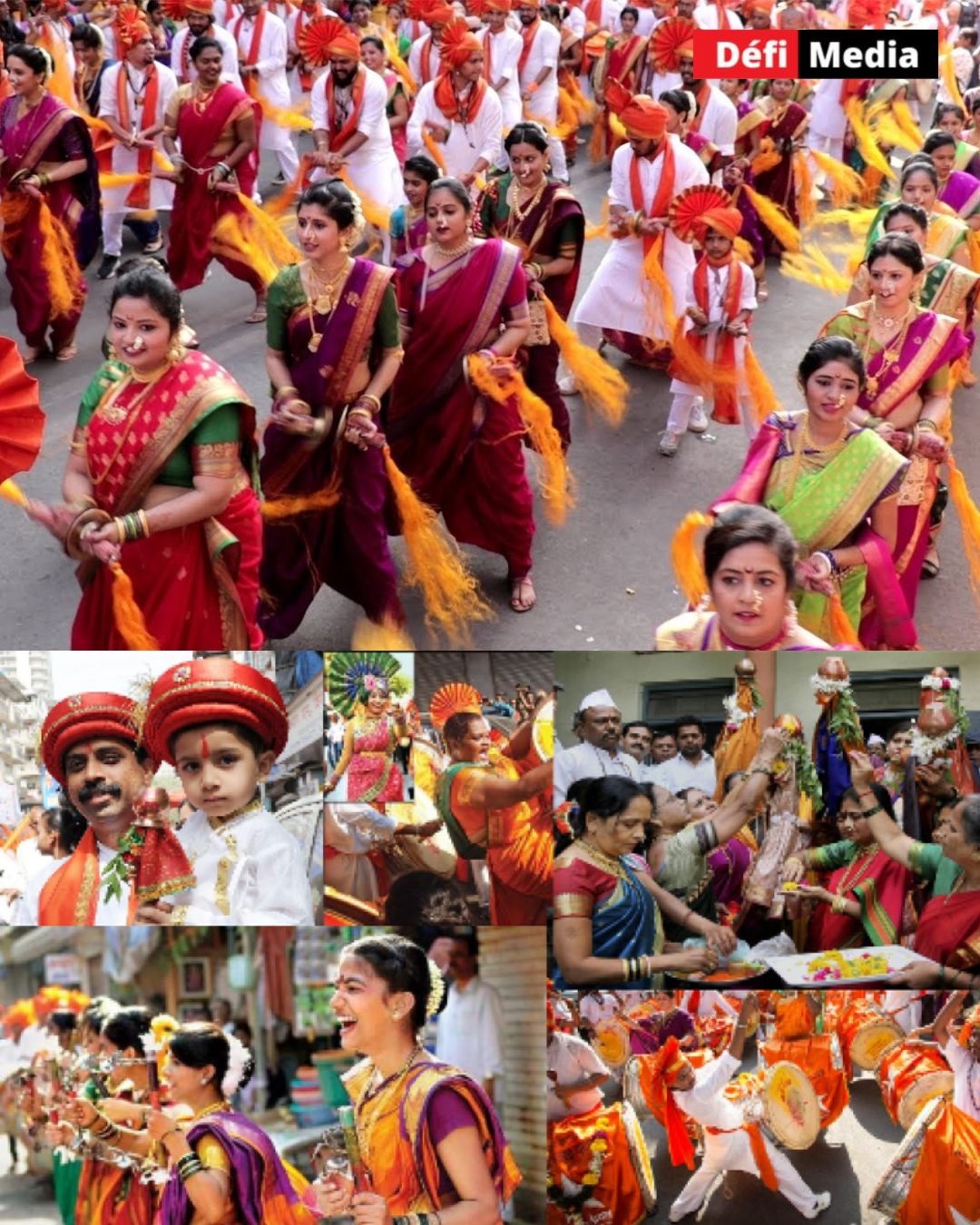
Let's use this year to cultivate mindfulness and compassion, addressing the root causes of our anger and seeking reconciliation. Drawing on ancient wisdom, let's confront our emotions with openness, transforming anger into wisdom and discord into harmony, ultimately finding peace within ourselves and in the world.
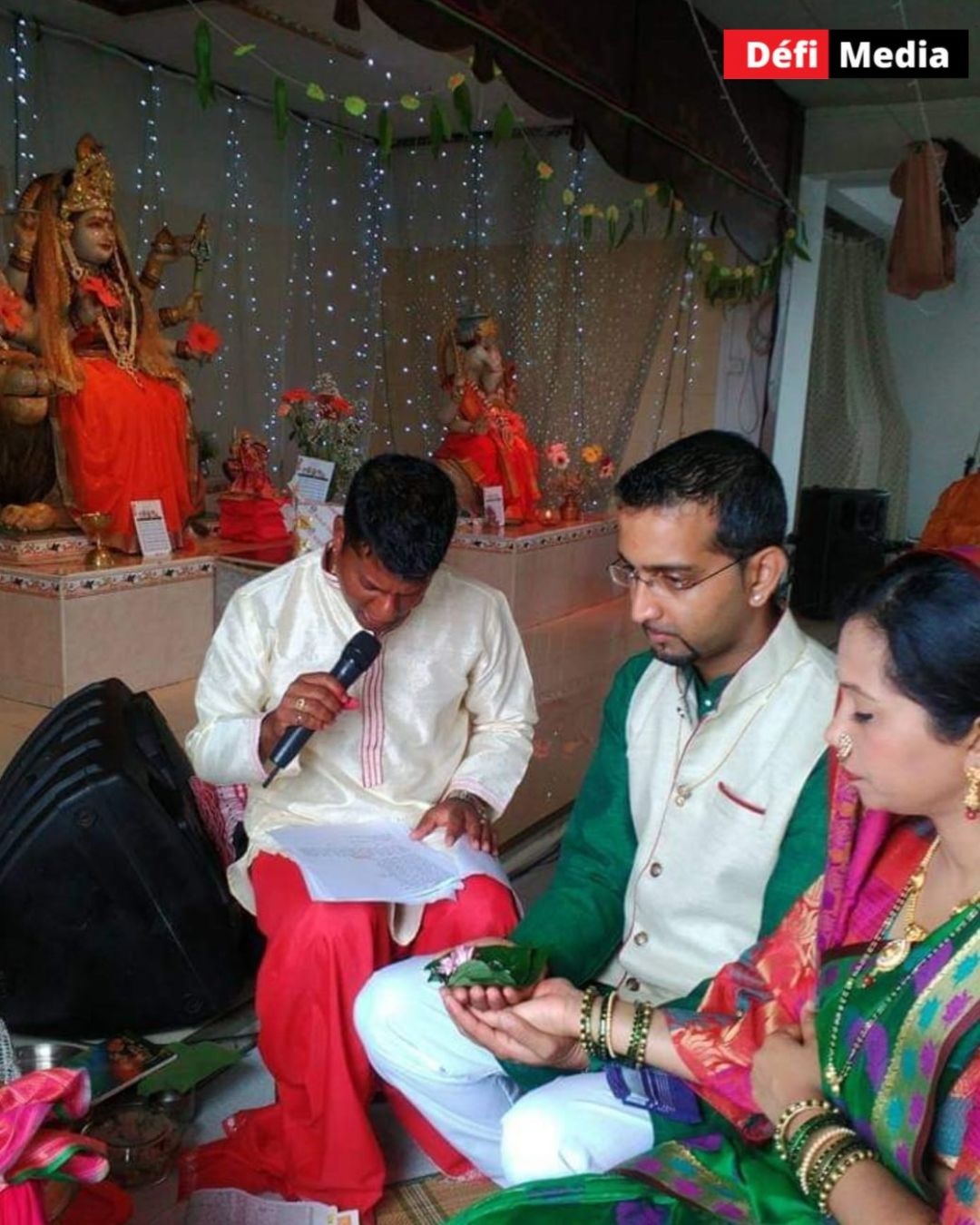
Join the celebration
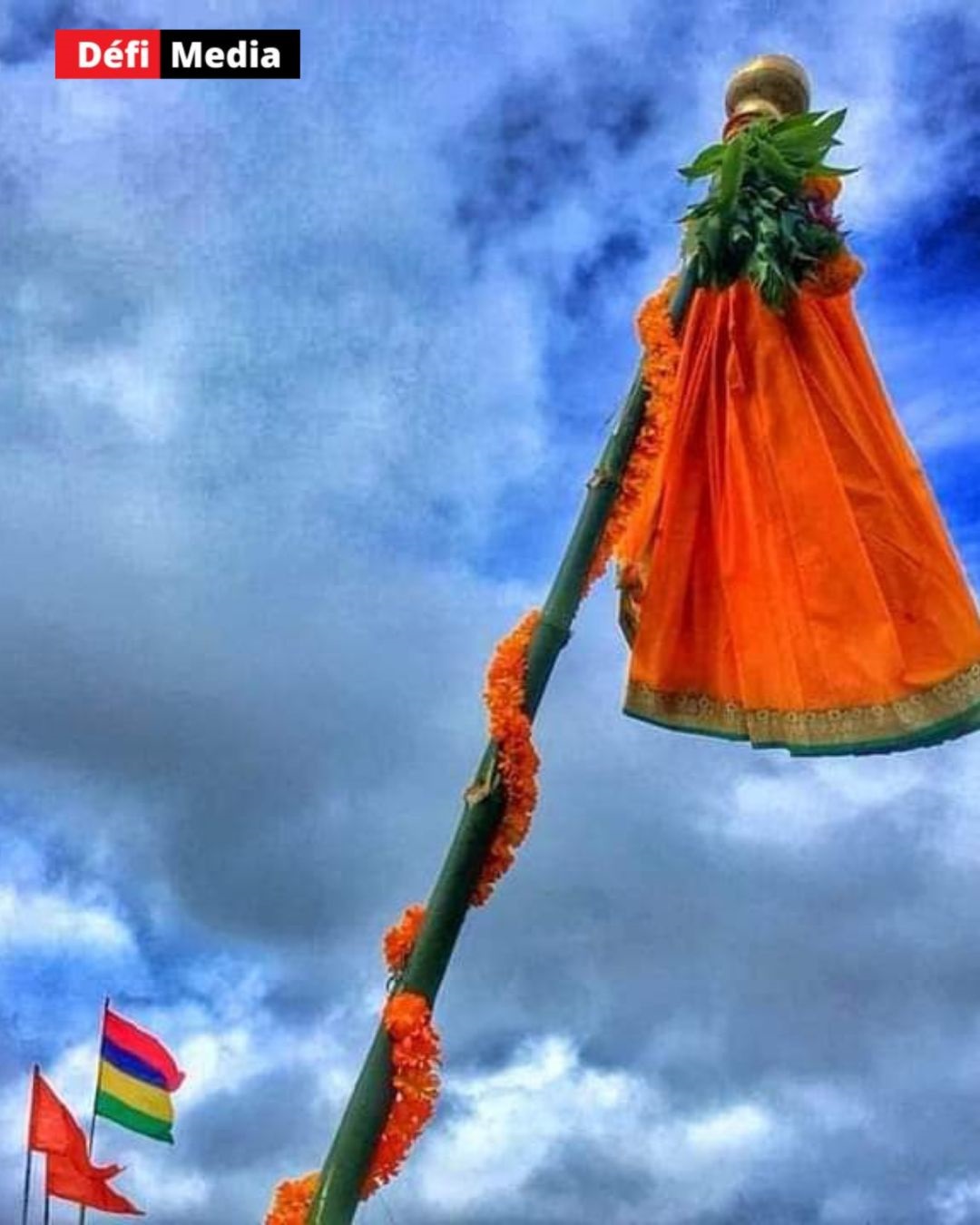
Join us at the Marathi Cultural Circle Bhavani Mandir for a vibrant celebration of Gudhi Padwa! The ‘Brahma Dhwaja’ prayer, Yaj and Panchang reading will commence at 09:30 am, accompanied by soulful Gudhi Padwa songs performed by the talented association members. Let's welcome the New Year with enthusiasm and togetherness.
||Krodhi Naamsamvatsar Gudhi Padwa Abhinandan||
Manesha Ittoo
 J'aime
J'aime













